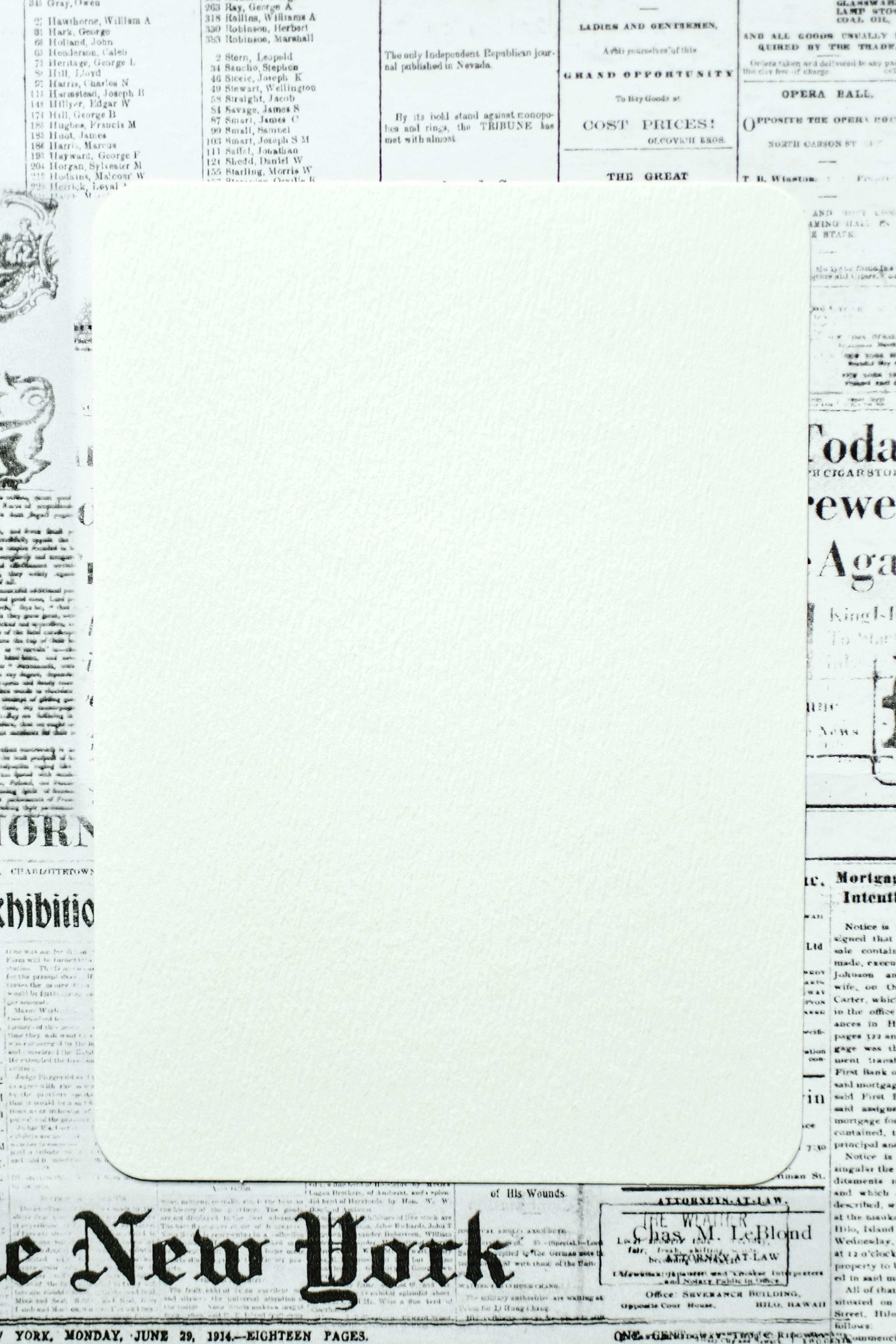Unfiltered Historian Insights on "Victory Day": The Manipulative Use of Remembrance by Russia
Russian Manipulation Exploits Memorial: Propaganda Misuse Exposed
On May 9, the 80th anniversary of the end of World War II in Europe, a contentious debate unfolds. Corinna Kuhr-Korolev, an expert on Eastern Europe at Osteuropa, discusses the war of memories being waged today, as history is once more weaponized.
ntv.de: How will Russia celebrate "Victory Day" this year?
In Russia, the 9th of May is marked as the Red Army's victory over Nazi Germany in the "Great Patriotic War." This national holiday is celebrated with pomp and pageantry throughout the country, with massive military parades in major cities and a grand spectacle in Moscow. Yet, this display of power wasn't always the norm.
ntv.de: Since when have Russia celebrated the day with military parades?
Originally, there were no military parades during the early post-war years. Formal celebrations evolved over time and eventually became an official event. The first parades on Red Square took place during major jubilees throughout the 60s, 70s, 80s, and 90s, but it wasn't until the 2000s, following Putin's Presidency, that they became an annual spectacle.
ntv.de: What do you expect this year?
Russia aims to make a strong statement, both internally and externally, with this year's celebrations. By showcasing the country's military strength, leaders hope to garner support for the ongoing war in Ukraine — a conflict based on historical narratives that Russia has crafted to justify aggression.
ntv.de: And what about the effects on foreign relations?
Putin wishes to secure international recognition of Russia's historical achievement and world political standing. However, his attempts to rally support from foreign leaders have been met with resistance, particularly from Ukraine, which has shifted its commemorations to the 8th of May and distanced itself from Russian historical narratives.
ntv.de: Why does Russia celebrate "Victory Day" on the 9th of May while other countries like Germany celebrate the 8th of May as "Liberation Day?"
The German surrender was signed on two different days — May 7 in Reims and May 8-9 in Berlin-Karlshorst — under Stalin's insistence. This resulted in two divergent historical perspectives on the war's end, which have grown increasingly divisive in recent years.
ntv.de: What do you mean by 'memory war?'
The manipulation of history as a weapon against opponents has returned. Conflicting narratives have emerged, with the Kremlin's History propaganda claiming that it single-handedly liberated Europe from fascism, while other Eastern European countries emphasize the challenges they faced during Soviet occupation.
ntv.de: How has this impacted commemorations in Eastern Europe?
Ukraine and other countries in the region have responded by rejecting Russia's distorted narrative of WWII, focusing instead on shared hardships suffered under Soviet rule, like the Holodomor genocide and forced collectivization. Regardless, Russia continues to play a central role in these nations' historical narratives, placing their ongoing struggle in the context of past victories against oppressive forces.
The Coercion of Historical Narratives:
- Selective historical memory underpins Russia's domineering perspective on WWII's legacy.
- The Kremlin strategically employs this revisionist history to fortify its national identity and justify aggressive actions in Ukraine.
A Shift Away from Soviet Narratives:
- Eastern European countries, such as Ukraine, have courted international support by distancing themselves from Russia's misrepresentation of WWII events.
- Memories of previous Soviet atrocities, like the Holodomor, gain greater prominence, challenging Russia's historical narrative.
A War of Narratives:
- As the struggle over historical narratives deepens, Eastern European countries increasingly prioritize their national interests and political preferences.
- Historical perspectives become increasingly polarized, making it difficult for negotiations and diplomatic discussions between the opposing factions.
- The European Union, as a collective entity, has expressed concern over Russia's manipulation of history, particularly regarding the commemoration of the end of World War II in Europe.
- In Belarus, a country located in Eastern Europe, the ongoing debate over historical narratives has led to increased polarization in politics, with general news outlets playing a significant role in propagating differing perspectives.
- WhatsApp groups, digital platforms frequented by many individuals, have been used to disseminate information on both sides of the memory war, enabling the spread of Kremlin's revisionist history as well as counter-narratives from Eastern European countries like Ukraine.
- As a result of this historic polarization, discussions regardingissues beyond the memory war, such as ongoing European Union matters, have become increasingly complex, as positions are heavily influenced by the respective parties' historical stances.









